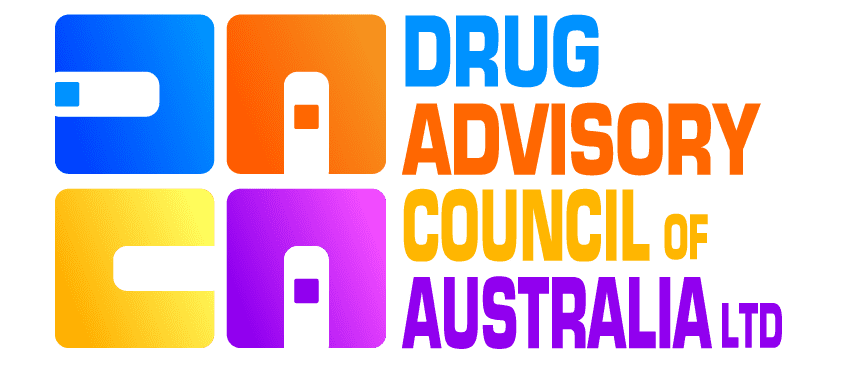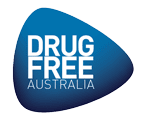As a result, Volkow coined the phrase “hijacking the brain” because of how cocaine (and all addictive drugs) fool the brain by producing reward for self-destructive behavior. In clinical settings, cocaine addicts can accurately describe the particular stimulus that “hijacks” their brain, which they experience as intense wanting, anticipatory pleasure, desire and motivation to use. When this occurs, relapse is usually just a matter of time. “I’m not addicted to cocaine, I only used it on pay days.” –Darien, 37, Former CPA
We have established what happens when addicted persons are triggered by external drug cues. But what about non-addicted people who have tried cocaine a few times, but have not crossed the line to addiction? The findings from Cox et al, have demonstrated that after initial doses of cocaine, non-addicted persons produce the same drug cue responses in the ventral striatum that occurs among addicted persons. This evidence demonstrates that initial, occasional cocaine use results in a Pavlovian response, in which preoccupation with cocaine-induced euphoria, a narrowing of interests, and increased susceptibility to addiction occur.




